Liberal Democrat MP Helen Maguire has pressed the Ministry of Defence for Reserve recruitment data by constituency.
In reply, Defence minister Louise Sandher-Jones said such information is not held centrally and that the Services “do not set recruitment targets by constituency.”
She instead released application numbers to the Volunteer Reserves between 2020 and 2025, showing a sharp fall in 2023 followed by a strong rebound. “I am grateful for the contribution of our Reserve Forces who provide the UK with the ability to meet the threats we face at home and overseas, with the scale, skills, agility and connection to society that it needs, in a cost-effective way,” the minister said.
Applications to the Volunteer Reserves (12 months ending 31 March)
| Service | 2021 | 2022 | 2023 | 2024 | 2025 |
|---|---|---|---|---|---|
| Naval | 2,832 | 2,393 | 2,315 | 2,715 | 3,024 |
| Army | 29,273 | 23,409 | 18,271 | 24,665 | 31,454 |
| RAF | 4,908 | N/A | 3,978 | 4,257 | 5,297 |
Source: Quarterly Service Personnel Statistics, 1 July 2025
The figures underline the scale of demand for the Army Reserves in particular, with more than 31,000 applications in 2025. Naval applications also rose to just over 3,000, while the RAF Reserves reached their highest level in the series.
The data does not provide constituency-level breakdowns as Maguire requested, but it suggests renewed interest in Reserve service across all three Services.


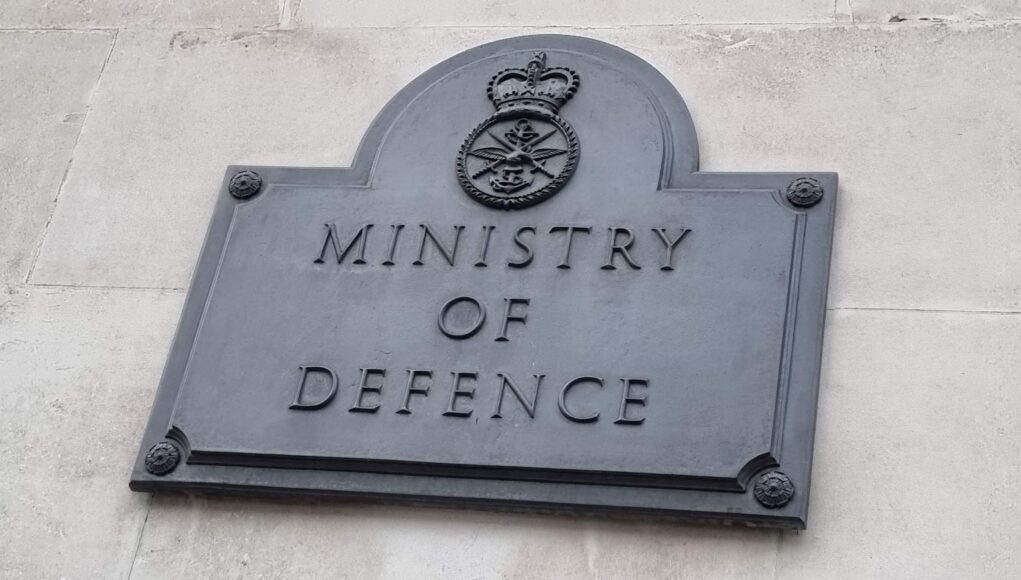

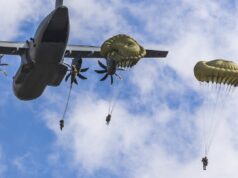

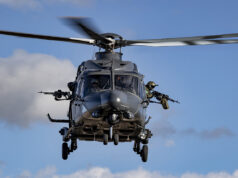

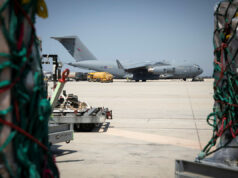

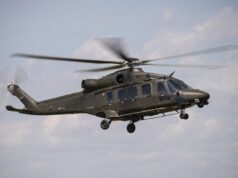

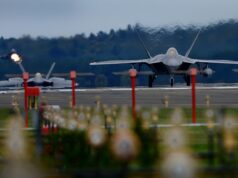

Applications are one thing.
What is the acceptance rate?
What is the trajectory on strength?
What is the churn?
What is the attendance rate?
Those should be public.
What won’t be public is the mix of recruits and how useful they are to the military.
Given the increased importance and skills in engineering roles you would hope they were well represented.
Would be very useful to know average time from application to start of phase 1 training too.
True
Hopefully someone now has a preformed PMQ!
Hopefully someone now picks up the batton and asks it.
Certainly far more useful questions than asking for the number of applications for a constituency… 🤦🏻♂️
30,000 applicants a year for a force that’s only 25,000 strong. That’s mental, and the Army can’t be arsed to recruit the 73,000 places it’s allocated.
The UK should build a significantly larger reserve force which will be far more useful than an extra brigade of regulars if we ever get into trouble.
Professional standing British army’s have never won a major war and their small size and massive cost pose little deterrent to someone like Putin.
The USA (strongest military in history) has a 1.1 professional vs reserve ratio despite being a far more expeditionary force than us. I wonder why our intrepid band of public school boys settle on a 3 professional soldiers to 1 reserve soldier ratio.
Perhaps they know best 😂
Jim, I know you don’t like the Army because you constantly put it down…. But as a comparison, the RNR has 3,100 in it. So their ratio is 10:1 regular to reserve. The RAuxAF is 2,820 and 31,000 regular so almost 11:1.
Why do you think the Army are particularly bad?
I don’t think a comparison between the UK forces woeful reserves is at all useful.
None of them are large enough and they get plenty of applicants.
It is a fixable issue and growing the reserves massively is the way fowards.
Reserves were butchered by progressive salami slicing to attempt to meet service budgets. Much that same as cutting defence was more palatable than cutting NHS or Welfare. Basically reserves had zero political capital when compared to a frigate or fighter jet.
Because I was in the TA for four years, I experienced it first hand.
Our army is and always has been a professional colonial police force.
For the army to be taken seriously it needs to be much larger and the only way to do this is through reserves.
Every other major power does this including the USA whose army is far superior to ours. They have a ratio of 1.1 so I find it hard to understand how our army justifies a 3.1 ratio.
The same generals decrying how dangerous the world is and how desperate the fight with Russia is are also the same muppets who say reserves can’t do the job even though everyone for the USA to Russia uses them. They cut reserve forces at the drop of a hat to save cap badges and sacred cows.
Small British army’s based on colonial policing roles are the historic reason why Britain has lost at the start of every major war it’s ever fought.
Its arse has been saved every time since 1815 by a combination of mass conscripts/ volunteer forces.
Reserve forces cost five times less than regular forces. It’s pretty basic maths that our army leadership never seems to grasp.
As with regular recruits, the problem is not a shortage of them, it is down to lethargic inefficient self inflicted handling of their applications.
And in the RAF’s case discriminating anyone who is not a sky blue pink skinned encyclopedia of pronouns.
On the contrary, figures by constituency would make a lot of sense in showing where recruitment and unit strength is up to scratch and others where there is no reserve centre and thus scope for action.
There are 650 constituencies and average constituency size is just over 100,000 population. You would think it perfectly feasible to recruit 100 of them to form a company-size unit, or at least a couple of platoon-size ones. It is important to see the bigger reserved picture, because the MOD has had about 20 years of closing TA centres and selling them off, ostensibly because they were surplus but often in reality solely to raise money. So we are left with a patchwork quilt of reserve bases and a lot of places without any reserve units.if we are going to expand the voluntary reserves to 60,00 as HMG wants, that is going to need a lot of new centres and units, for which there is currently no money on the table.
It is actually not that difficult to match existing units to constituencies, any of us could do that within the week. What it would show is the many places where there is no longer a reserve centre, because it got sold off. I can understand the MOD would not want this to be scrutinised by Parliament and public.
Having a resetve unit in a constituency should really be a badge of honour for an MP and would help to get a lot more of them in the loop on defence matters. So I think Maguires question was useful and I hope she will return to the subject and press the Minister for a better answer.
I looked them up after the defence debate in the Commons. Louise Jones, the new Minister, was a Captain in the Int Corps, Helen McGuire a Captain in the recaps, so they should be able to sort it out between them.
The most impressive one in the debate was Al Carns, the Veterans Minister, sounds like he is also cadets and maybe reserves. A tall tough Scot, former RM Captain and Reserve Colonel. MC, DSO and OBE. First time I’ve heard him, he speaks very well, down to earth and clearly and looks totally on top of his brief and genuinely enthusiastic about the carers and reserves.
He won’t last long – he is a genuine master of his brief. So he will make enemies arguing facts!
Another idea might perhaps look to going back to area recruiting, you have the regular line regiments, but you also have the reserves organised perhaps on a county basis. In my area, and also Daniele Mandelli I think is a relatively near neighbour, so he might know better than I, we always used to have the Wessex Yeomanry, which I think later became the Hampshire Regiment. I’m not looking to hark back to the past of choleric colonels and much forelock tugging, but it would give the reserves a feeling of belonging to an area and to a team of like minded people. We have plenty of army depots in this county to base them at, other counties may not be so fortunate.
For’recaps’, read Redcaps (aka Military Police)
For ‘carers’, read cadets
Applications are one thing, someone actually getting through and being ready to support in the UK or overseas is a different kettle of fish.